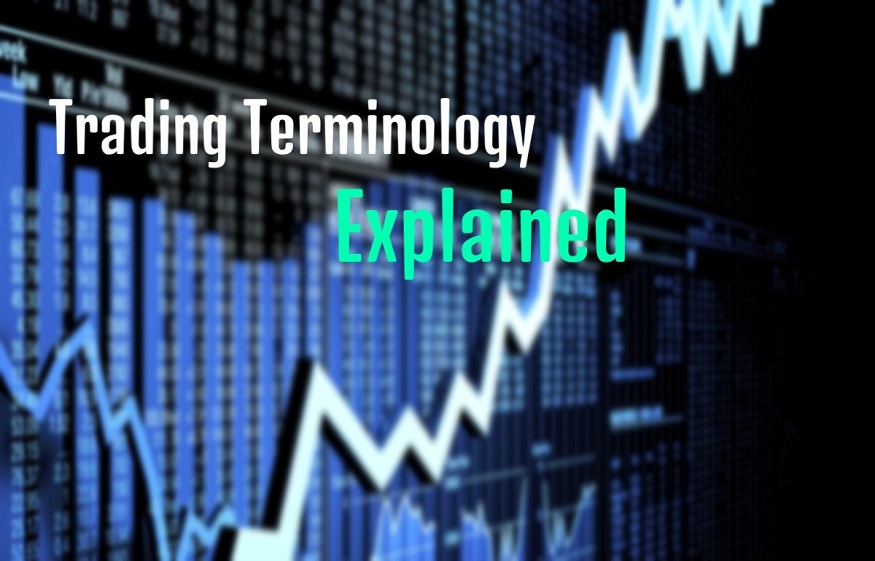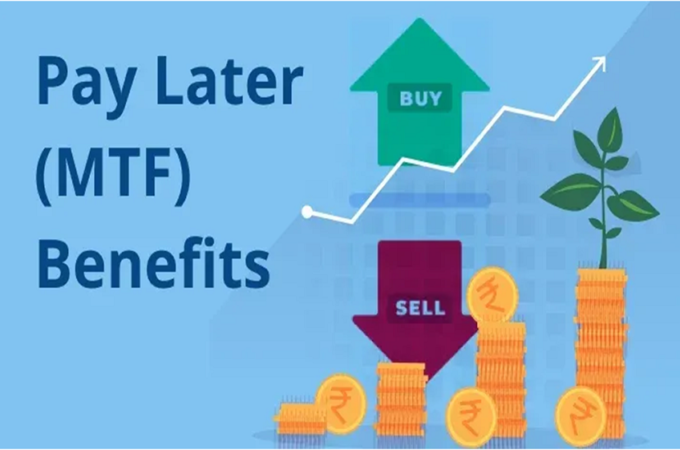
Options trading terminology: key concepts every trader should know
In the world of options trading, every trader should know a vast array of terminology. This article will briefly overview the critical terms used in options trading so traders can better understand how to properly navigate this complex investment field.
Calls and puts
The most fundamental concept in Singapore options trading is the difference between calls and puts. A call option allows the holder or trader to buy a stock or asset at a set price before it expires without any obligation. Conversely, a put option enables the holder to sell an asset at a specific predetermined price before it expires without any obligation. Both options are often bought and sold to predict the future price movements of an underlying asset.
Expiration date
Another key term is the expiration date. The expiration date is when the option expires and can no longer be exercised. Most stocks have expected expiration dates, which can vary by security type. Options are typically either American or European style options, with the former allowing for exercise at any time before expiry.
Volatility
A third critical concept is volatility. Volatility refers to how much movement has been in an asset’s price over a certain period; it measures both upside and downside risk for Swissmoney traders who buy and sell options. The higher the volatility, the greater the range of possible prices for an asset in a given period. Higher levels of volatility can increase the risk for traders, while lower levels of volatility reduce risk and offer fewer opportunities to make profits with options trading.
Strike price
The strike price is another important term that every trader should know. The strike price is the fixed price at which an option can be exercised; it is usually set close to current market prices for the underlying asset when purchased. Suppose an asset’s value increases beyond its strike price before the expiration. In that case, the option will become more valuable as investors can exercise their option and purchase or sell the security at a discount compared to current market conditions.
Premium
A premium is a term used to describe the cost of an option. Premiums are typically calculated as a percentage above or below the current market price for an asset. They can vary depending on volatility, time to expiration, and the strike price. The higher the premium paid for an option, the greater its potential reward since there is less risk associated with exercising it early or late in its life cycle.
Options trading strategies
Options trading strategies are methods traders use to capitalise on the movements of securities or other assets. Strategies range from basic long or short positions, spreads, and straddles to more complex hedging techniques. Depending on an individual’s risk appetite, a strategy should be tailored to fit their investment goals.
Risk management
Risk management is a critical concept in options trading. Risk management involves assessing the risk associated with holding and exercising an option and the expected return from the position. By incorporating risk management into a trading strategy, traders can better protect their positions while capitalising on potential profits.
What are the risks of options trading?
When trading options, traders should be aware of the risks involved. These include time decay, liquidity risk, and the possibility of making an incorrect prediction about the direction of a security’s price movement. Time decay means that as an option approaches its expiration date, its value will decrease due to reduced time to realise potential profits.
Liquidity risk is another critical factor; if few buyers or sellers are in a particular asset class, entering or exiting a position at a reasonable price can be challenging. Finally, incorrect predictions can lead to losses since there are never guarantees that an option will expire in the money.
The bottom line
Becoming familiar with these basic options trading terms is essential for any trader in Singapore who wants to succeed in this complex investing field. With knowledge of these concepts, investors are more comfortable navigating the markets and constructing strategies to meet their financial goals. Understanding these key concepts allows traders to make informed decisions when buying and selling options to maximise their potential returns while minimising risks. Additionally, understanding options trading strategies will give traders more insight into how they can best use these tools to generate potential returns in the market.





